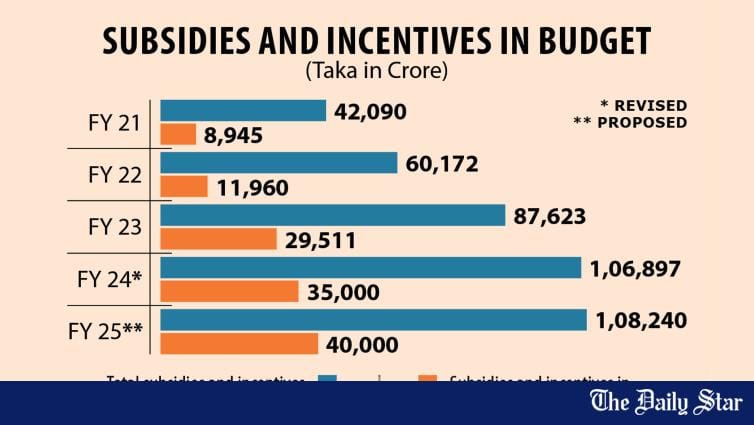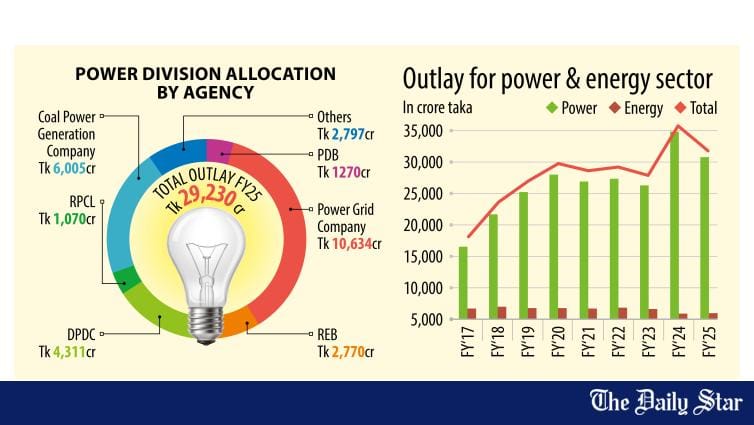Saif
Senior Member
- Joined
- Jan 24, 2024
- Messages
- 16,880
- Likes
- 8,153
- Nation

- Residence

- Axis Group


Exploiting benefits of solar air conditioners
The market of hybrid solar air conditioner is growing globally. As the world turns hotter, the demand for air conditioners has also gone up in Bangladesh along with other tropical countries. With the constant revision of power prices (upward) in the country, electricity bills have become a major he
Exploiting benefits of solar air conditioners
SYED MANSUR HASHIM
Published :
Jun 07, 2024 22:59
Updated :
Jun 07, 2024 23:00

— Collected
The market of hybrid solar air conditioner is growing globally. As the world turns hotter, the demand for air conditioners has also gone up in Bangladesh along with other tropical countries. With the constant revision of power prices (upward) in the country, electricity bills have become a major headache for most people. There is a desperate need for a more affordable solution to energy consumption at not just household, but also commercial and industrial level. Rooftop solar panels are increasingly becoming visible at factory-level, but there is great potential for expanding that idea to all urban centres where a sizeable portion of the working population lives.
With easier terms of payments made possible through zero interest instalment payments, the middle class in Bangladesh (the largest consumer section) are rushing to buy air conditioners. Inverter-type split air conditioners promise to save a lot of electricity from non-inverter types, but the fact remains that in an import-driven, fossil-fuel powered energy sector, utility bills will inevitably be itching upward every year. This has given rise to technological innovation which calls for a hybrid air conditioner design, which is being developed and increasingly utilised by power-hungry, highly populated economies like China, India, etc. Indeed, market data suggest that given proper regulatory incentives, tax breaks on import of key components, the global market for such air conditioners could be worth as much as US$500 million by 2025.
The system is a combination of traditional air conditioning type (split-type) with solar panels in an effort to reduce both energy consumption and environmental impact. The Asia-Pacific region will be the focal point of this growth because of the large concentration of people living in the region that smarts under high temperatures practically throughout the year. Challenges faced by the market include higher initial costs and limited awareness among consumers. Regulatory and legal factors specific to market conditions include government policies promoting renewable energy adoption and regulations for energy efficiency standards. Overall, the market of hybrid solar air conditioner shows promising growth potential with the right support and innovation.
To read the rest of the news, please click on the link above.
SYED MANSUR HASHIM
Published :
Jun 07, 2024 22:59
Updated :
Jun 07, 2024 23:00
— Collected
The market of hybrid solar air conditioner is growing globally. As the world turns hotter, the demand for air conditioners has also gone up in Bangladesh along with other tropical countries. With the constant revision of power prices (upward) in the country, electricity bills have become a major headache for most people. There is a desperate need for a more affordable solution to energy consumption at not just household, but also commercial and industrial level. Rooftop solar panels are increasingly becoming visible at factory-level, but there is great potential for expanding that idea to all urban centres where a sizeable portion of the working population lives.
With easier terms of payments made possible through zero interest instalment payments, the middle class in Bangladesh (the largest consumer section) are rushing to buy air conditioners. Inverter-type split air conditioners promise to save a lot of electricity from non-inverter types, but the fact remains that in an import-driven, fossil-fuel powered energy sector, utility bills will inevitably be itching upward every year. This has given rise to technological innovation which calls for a hybrid air conditioner design, which is being developed and increasingly utilised by power-hungry, highly populated economies like China, India, etc. Indeed, market data suggest that given proper regulatory incentives, tax breaks on import of key components, the global market for such air conditioners could be worth as much as US$500 million by 2025.
The system is a combination of traditional air conditioning type (split-type) with solar panels in an effort to reduce both energy consumption and environmental impact. The Asia-Pacific region will be the focal point of this growth because of the large concentration of people living in the region that smarts under high temperatures practically throughout the year. Challenges faced by the market include higher initial costs and limited awareness among consumers. Regulatory and legal factors specific to market conditions include government policies promoting renewable energy adoption and regulations for energy efficiency standards. Overall, the market of hybrid solar air conditioner shows promising growth potential with the right support and innovation.
To read the rest of the news, please click on the link above.




